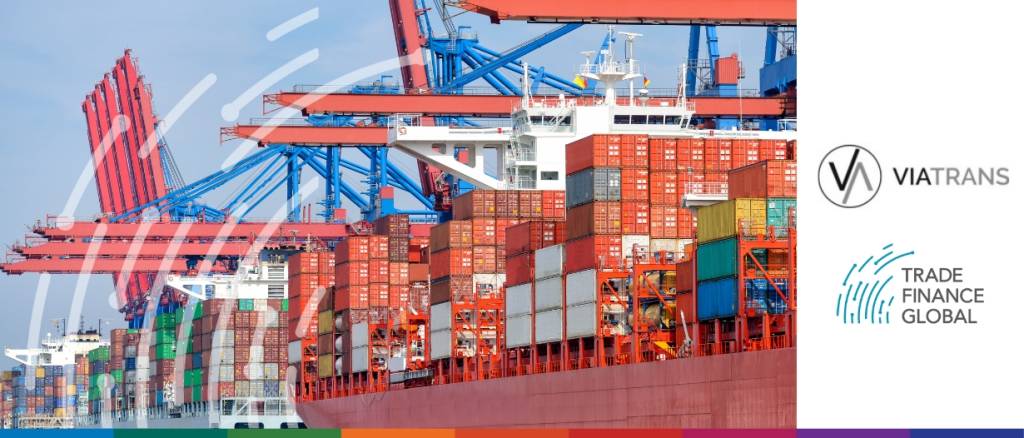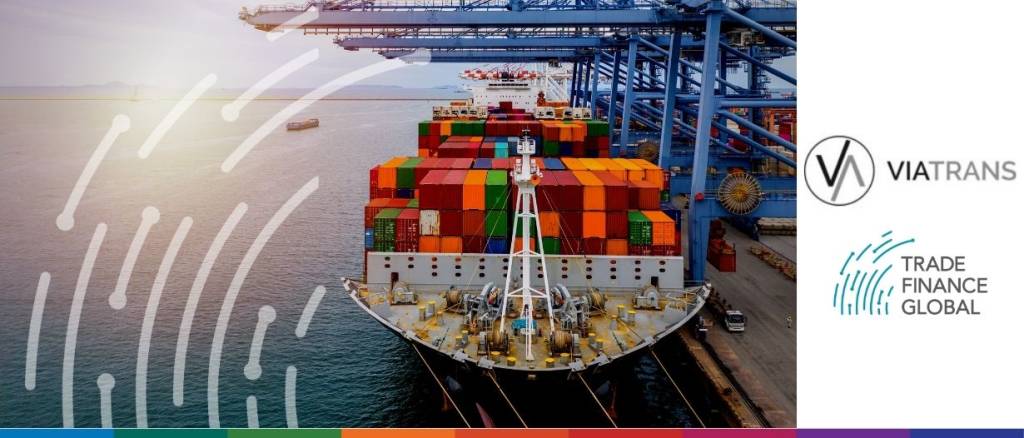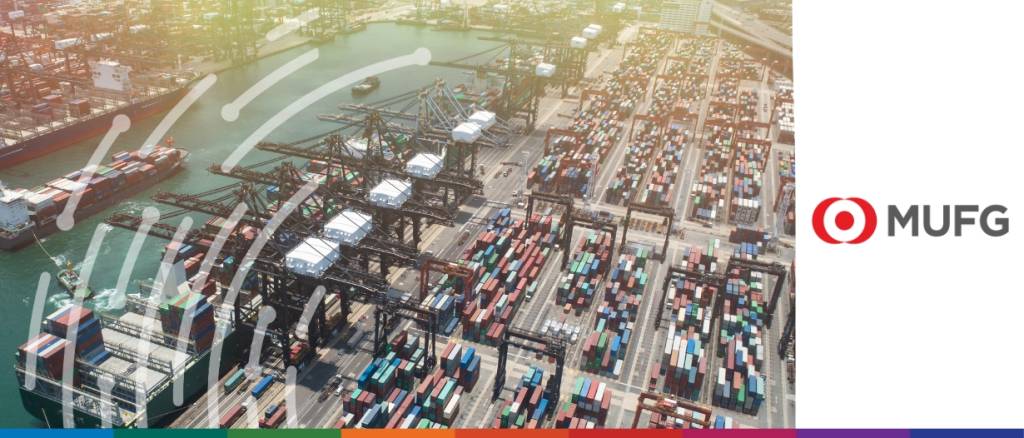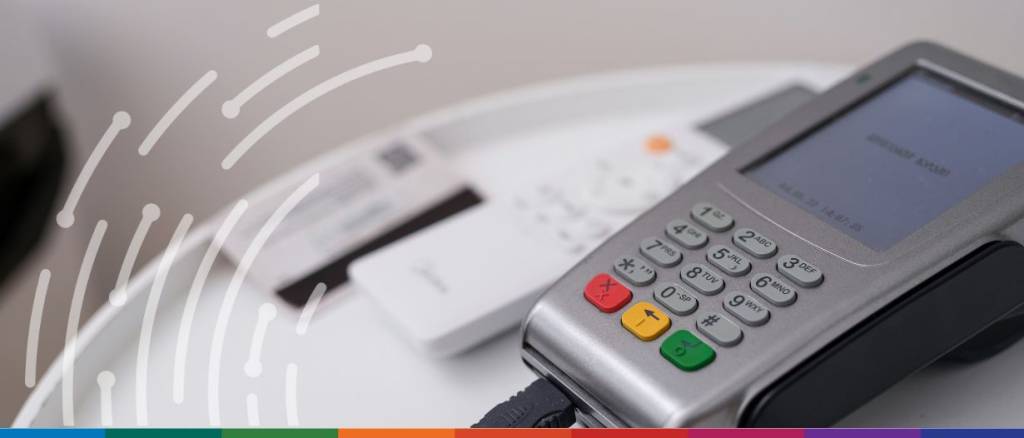In part 1 of this interview, Morgan Lépinoy, Managing Director of Viatrans broke down how container deposits are creating deep structural issues for the shipping and logistics industry in Africa, and what Viatrans is doing to help mitigate these challenges.
Although there is widespread support for ESG initiatives and a large proportion willing to prioritise positive environmental and social impacts over financial returns, Standard Chartered’s research reveals that many companies still haven’t made concrete sustainability commitments or set targets.
Shipping containers are vital for shipping lines, which are availed to shippers (importers, exporters, customs agents, and freight forwarders) for safe and secure transportation of goods.
International Lawyers and Economists for Development (ILaED) is a non-government organisation focusing on the economic development of women and girls. By encouraging entrepreneurial skills, it helps them engage in both local and international markets.
While a growing portion of the industry starts to seize the opportunities of measuring and managing emissions, many commodity traders still hesitate. Why undertake the complex process of carbon accounting, if it’s hard, if it’s not a legal requirement, and if it only draws attention to their high-carbon products rather than their competitors?
Over the past several months, corporates have increasingly been asking for details on a bank’s distribution capabilities when deciding which financial firm to work with.
A judge in a Canadian court case has ruled that a thumbs-up emoji constituted a legally binding acceptance of a contract, ordering the defendant, who failed to fulfill their end of the deal, to pay more than $82,000 in damages.
Surety carriers have a unique opportunity to support the green transition, grow emerging industries, and promote sustainable financing practices. However, challenges must be addressed.
Any business participating in international commerce normally needs to make payments in foreign currencies to suppliers/sellers overseas for goods and/or services sourced from other countries.
Late Tuesday afternoon, Fitch downgraded the United States’ credit rating from AAA to AA+, to the surprise of many experts. This downgrading is the latest domino to fall in what has been a drama filled 2023 for the United States and its divided government.
























